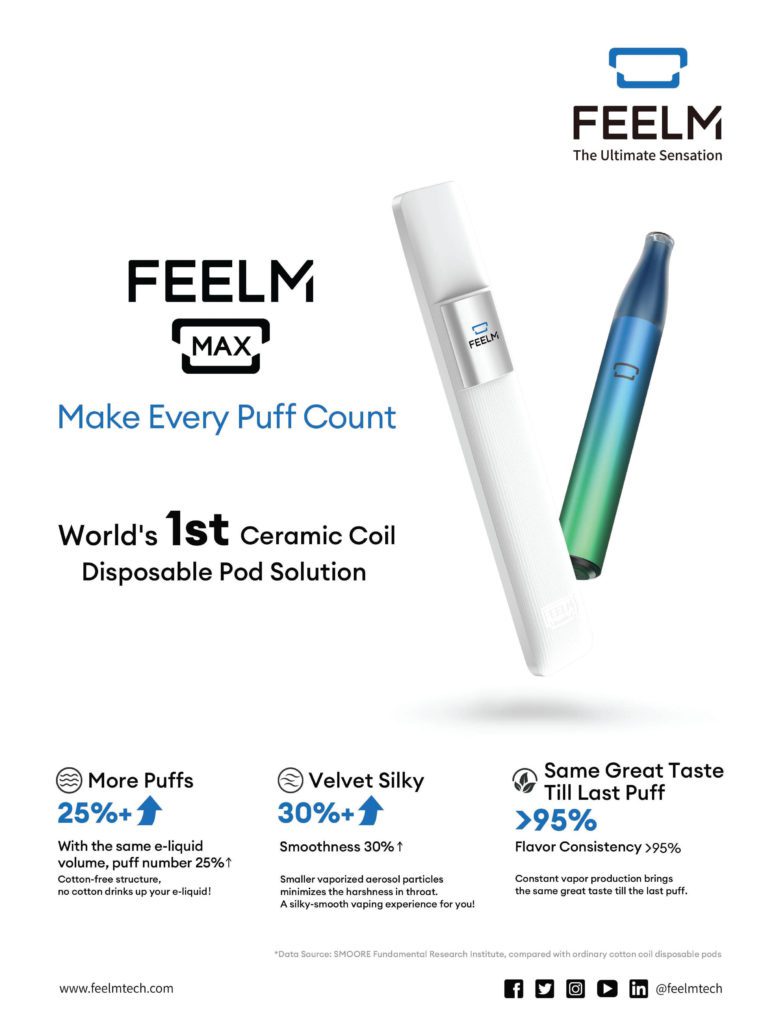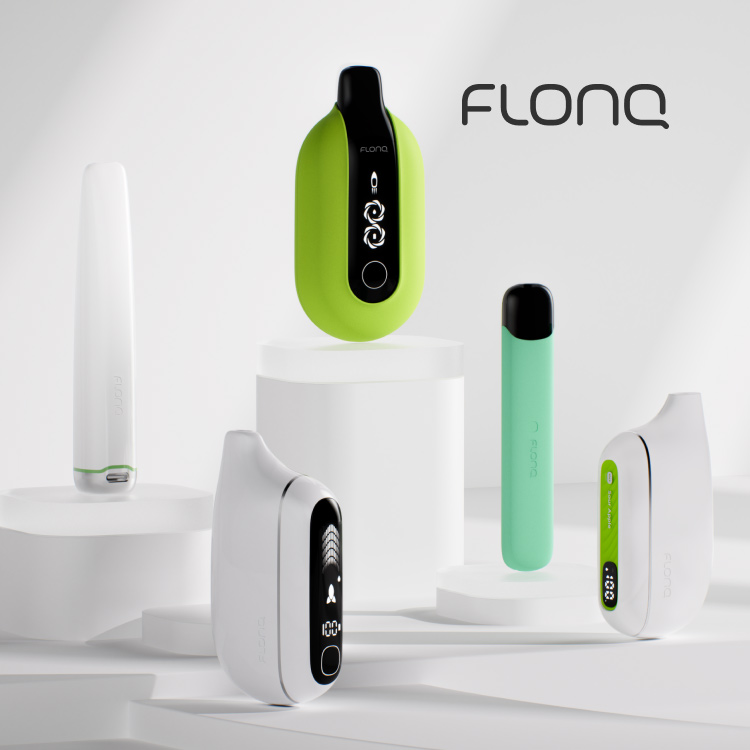Resolving the Past
- This Issue
- November 1, 2022
- 13 minutes read
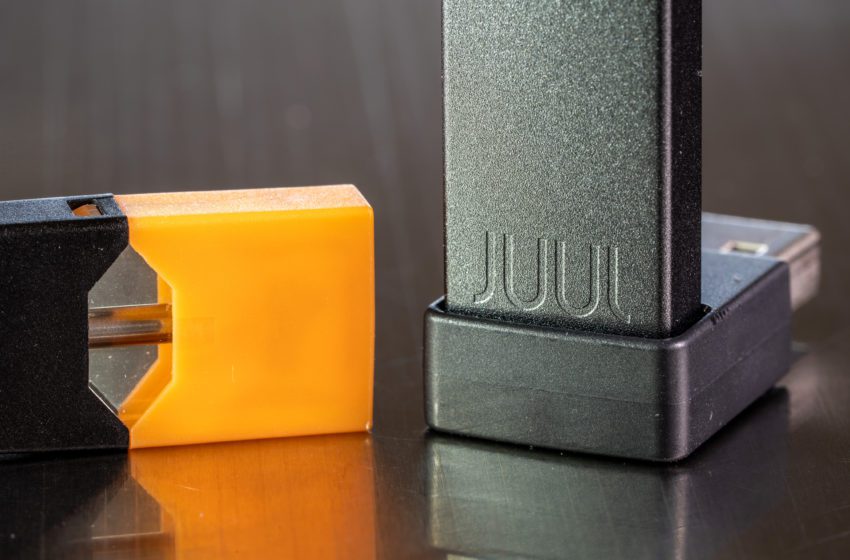
Credit: Standap
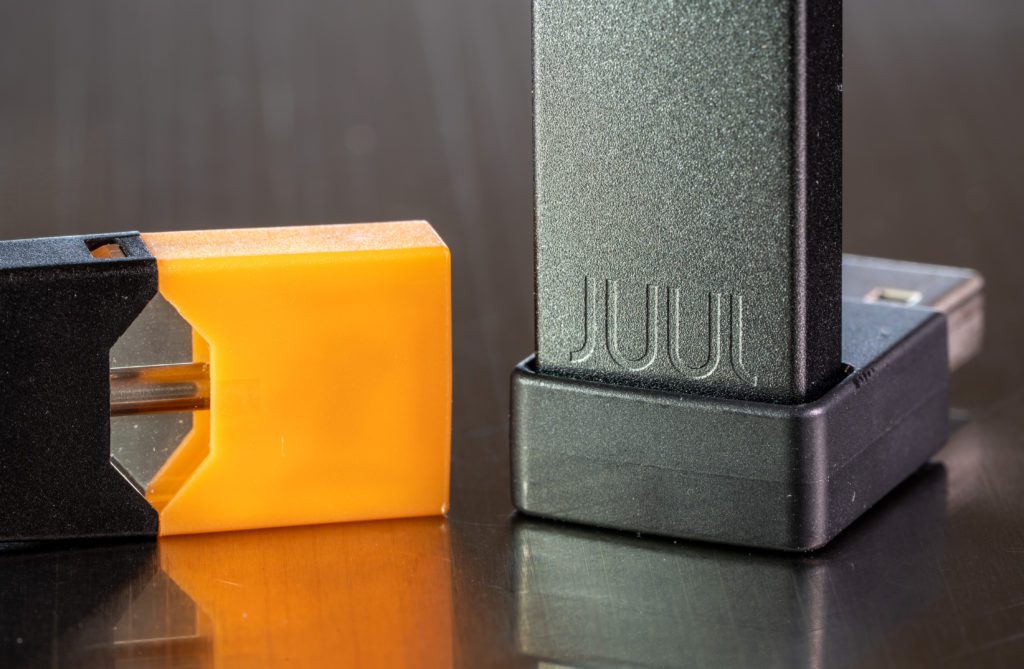
The spoils of Juul Labs’ settlement over its marketing practices is not divided equally among the suing states.
VV staff report
On Sept. 6, e-cigarette maker Juul Labs agreed to pay $438.5 million to 33 U.S. states and Puerto Rico in a settlement following a two-year investigation into the company’s marketing and sales practices. On Sept. 23, at least one state had opted out of the settlement, and other states are considering the same action.
The Maine Attorney General’s Office said the state would be backing out of its $11 million agreement with the e-cigarette manufacturer after objecting to certain conditions from the company. As part of the agreement, Juul wanted states to waive the rights of school districts to pursue their own lawsuits. Maine wasn’t willing to agree to that.
“We are disappointed in the outcome of these negotiations, but ultimately, we were unwilling to waive the rights of other entities who are also trying to hold Juul accountable for its deception,” Attorney General Aaron Frey said in a statement to The Maine Monitor.
For the remaining states, the multimillion-dollar settlement will be paid out over a period of six years to 10 years. Both the financial and injunctive terms exceed any prior agreement Juul Labs has reached with states to date.
“We recently submitted an administrative appeal, based on science and evidence, to [the U.S. Food and Drug Administration], demonstrating that its marketing denial order (MDO) of our products was substantively and procedurally flawed and should be rescinded,” Juul Labs wrote in a statement. “We believe that once the FDA does a complete review of all of the science and evidence presented, as required by law and without political interference, we should receive marketing authorization. As we go through the FDA’s administrative appeals process, we continue to offer our products to adult smokers throughout the U.S.”
The multistate investigation found that Juul became the U.S. e-cigarette market’s leader by “willfully engaging in an advertising campaign that appealed to youth, even though its e-cigarettes are both illegal for youngsters to purchase and are unhealthy for youth to use, according to Connecticut Attorney General William Tong. The investigation found that Juul relentlessly marketed to underage users with launch parties, advertisements using young and trendy-looking models, social media posts and free samples.
According to the investigation report, Juul’s misguided marketing began in 2015 and 2016 when the company bought ad space on websites targeted at youth, like nick.com, nickjr.com, cartoonnetwork.com and others. “It marketed a technology-focused, sleek design that could be easily concealed and sold its product in flavors known to be attractive to underage users,” New Hampshire Attorney General John Formella said in a press release. “Juul also manipulated the chemical composition of its product to make the vapor less harsh on the throats of the young and inexperienced users. To preserve its young customer base, Juul relied on age verification techniques that it knew were ineffective.”
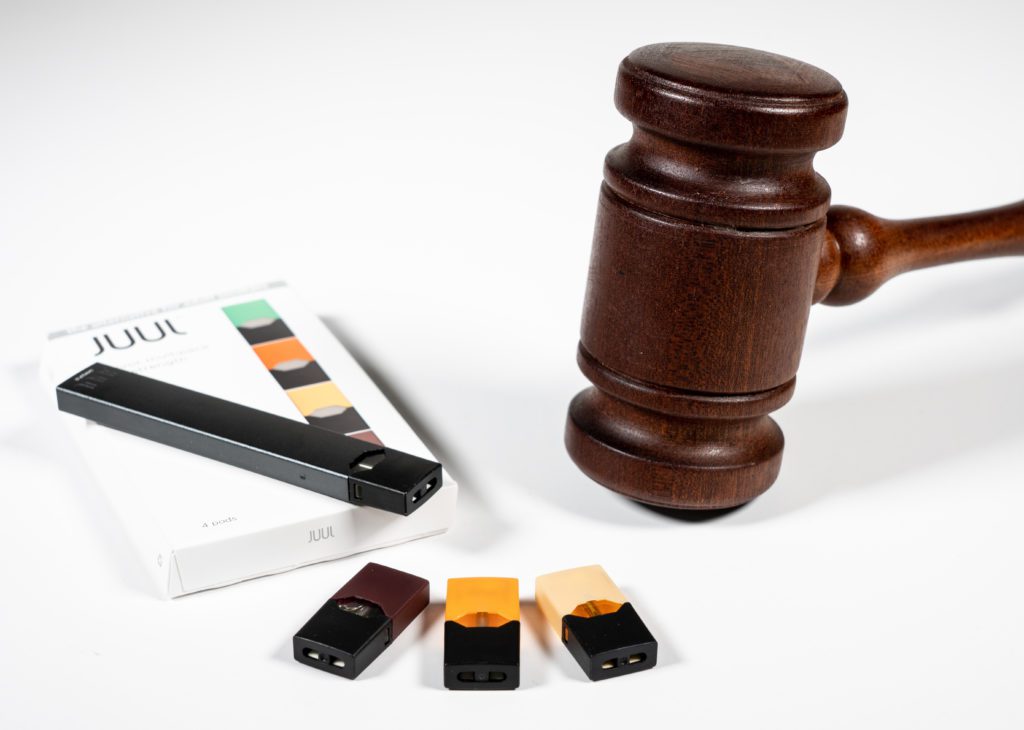
The investigation further found that Juul’s original packaging was misleading in that it did not clearly disclose that it contained nicotine and implied that it contained a lower concentration of nicotine than it did. Consumers were also misled to believe that consuming one Juul pod was the equivalent of smoking one pack of combustible cigarettes. The company also misrepresented that its product was a smoking cessation device without FDA approval to make such claims.
“This settlement with 34 [now 33] states and territories is a significant part of our ongoing commitment to resolve issues from the past,” Juul Labs said. “The terms of the agreement are aligned with our current business practices, which we started to implement after our company-wide reset in the fall of 2019.” Altria invested $12.8 billion for a 35 percent stake in Juul in late 2018 and began guiding the company’s new direction in 2019.
Connecticut led the investigation and negotiations into Juul Labs’ marketing practices along with Texas and Oregon. The other states and territories involved in the settlement include Alabama, Arkansas, Connecticut, Delaware, Georgia, Hawaii, Idaho, Indiana, Kansas, Kentucky, Maryland, Maine, Mississippi, Montana, North Dakota, Nebraska, New Hampshire, New Jersey, Nevada, Ohio, Oklahoma, Oregon, Puerto Rico, Rhode Island, South Carolina, South Dakota, Tennessee, Utah, Virginia, Vermont, Wisconsin and Wyoming. Colorado and New Mexico weren’t part of the settlement but have their own suits pending.
The plaintiff states will not be splitting the settlement equally. Connecticut will receive a minimum of $16.2 million through the settlement, for example, while Texas will receive $42.8 million. Oregon will receive at least $18.8 million. Tong stated that the settlement total amounts to about 25 percent of Juul’s U.S. sales of $1.9 billion last year. He stated it was an “agreement in principle,” meaning the states will be finalizing the settlement documents over the next several weeks, so the dollar amounts may not be exact. While not expressly stated, it is believed the amount of Juul products sold in a state determined the settlement amounts.
The money will go to programs, across the states and territory, that aim to reduce tobacco use, especially among young people. The amounts paid begin to increase the longer the company takes to make the payments.
The remainder of the funds after the investigative leaders’ cuts is estimated to be distributed as follows:
- Alabama: $15.5 million
- Arkansas: $13.6 million
- Delaware: $7.8 million to $8.5 million
- Georgia: $19 million
- Hawaii: $6.8 million
- Idaho: $8.3 million
- Indiana: Unknown
- Kansas: $9.8 million
- Kentucky: $14 million
- Maryland: $13 million
- Maine: Opted out
- Mississippi: Unknown
- Montana: $6.1 million
- North Dakota: $6 million
- Nebraska: Unknown
- New Hampshire: $8.5 million
- New Jersey: Unknown
- Nevada: $14.4 million
- Ohio: Unknown
- Oklahoma: $8.9 million
- Puerto Rico: Unknown
- Rhode Island: Unknown
- South Carolina: Unknown
- South Dakota: $6 million
- Tennessee: $13 million
- Utah: $8.6 million
- Virginia: $16.1 million
- Vermont: $8 million
- Wisconsin: $14.4 million
- Wyoming: Unknown
Juul previously settled lawsuits in Arizona, Louisiana, North Carolina and Washington. Many states, including Hawaii, also have claims against Altria Group (the parent company of Philip Morris USA and Juul’s largest shareholder) that are not affected by the settlement and remain active. Additionally, the company faces lawsuits filed by New York and California that are still pending, and an estimated 3,600 lawsuits by individuals, school districts and local governments have been consolidated in an action that is still wending its way through a California court.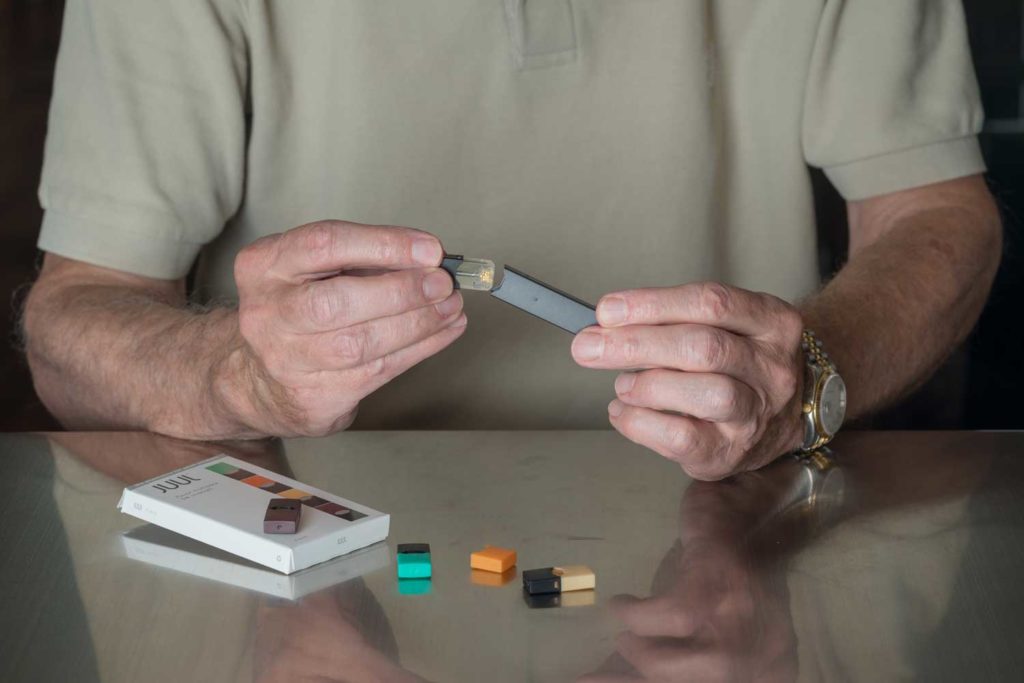
In addition to the financial terms, the settlement also forces Juul Labs to comply with a series of strict injunctive terms severely limiting the company’s marketing and sales practices. Most of the limits imposed by settlement won’t immediately affect Juul, which halted use of parties, giveaways and other promotions after coming under scrutiny several years ago. The company currently makes up about one-third of the U.S. retail vaping market, down from 75 percent several years ago. As part of the settlement, the embattled manufacturer has agreed to refrain from:
- Youth marketing
- Funding education programs
- Depicting persons under age 35 in any marketing
- Use of cartoons
- Paid product placement
- Sale of brand-name merchandise
- Sale of flavors not approved by the FDA
- Allowing access to websites without age verification on the landing page
- Representations about nicotine not approved by the FDA
- Misleading representations about nicotine content
- Sponsorships/naming rights
- Advertising in outlets unless 85 percent of the audience is adult
- Advertising on billboards
- Advertising on public transportation
- Advertising on social media (other than testimonials by individuals over the age of 35, with no health claims)
- Use of paid influencers
- Direct-to-consumer ads unless age verified
- Free samples
The agreement also includes sales and distribution restrictions, including where the product may be displayed/accessed in stores, online sales limits, retail sales limits, age verification on all sales and a retail compliance check protocol. Juul came under its most intense scrutiny earlier this summer when the U.S. Food and Drug Administration attempted to ban all Juul e-cigarettes from the market. A federal appeals court blocked the government’s ban, and then the FDA placed Juul’s MDO under administrative review.
In late September, the vapor manufacturer filed a lawsuit against the FDA over the agency’s refusal to disclose documents supporting its MDO. In a complaint filed with a federal court in Washington, D.C., Juul Labs accused the FDA of invoking the “widely abused” deliberative process privilege to improperly withhold scientific materials that are “central” to understanding the basis for the June 23 issuance of the MDO, according to Reuters.
The company claims that the materials would show whether the FDA conducted a legally required balancing of the public health benefits and risks of its products, including claims that Juul e-cigarettes help smokers quit combustible cigarettes and whether the agency’s reasoning was scientifically sound. “The public deserves a complete picture of the scientific facts behind one of the agency’s most controversial and closely scrutinized decisions in recent years,” Juul Labs stated.
An FDA spokeswoman declined to comment, saying the agency does not discuss pending litigation.
